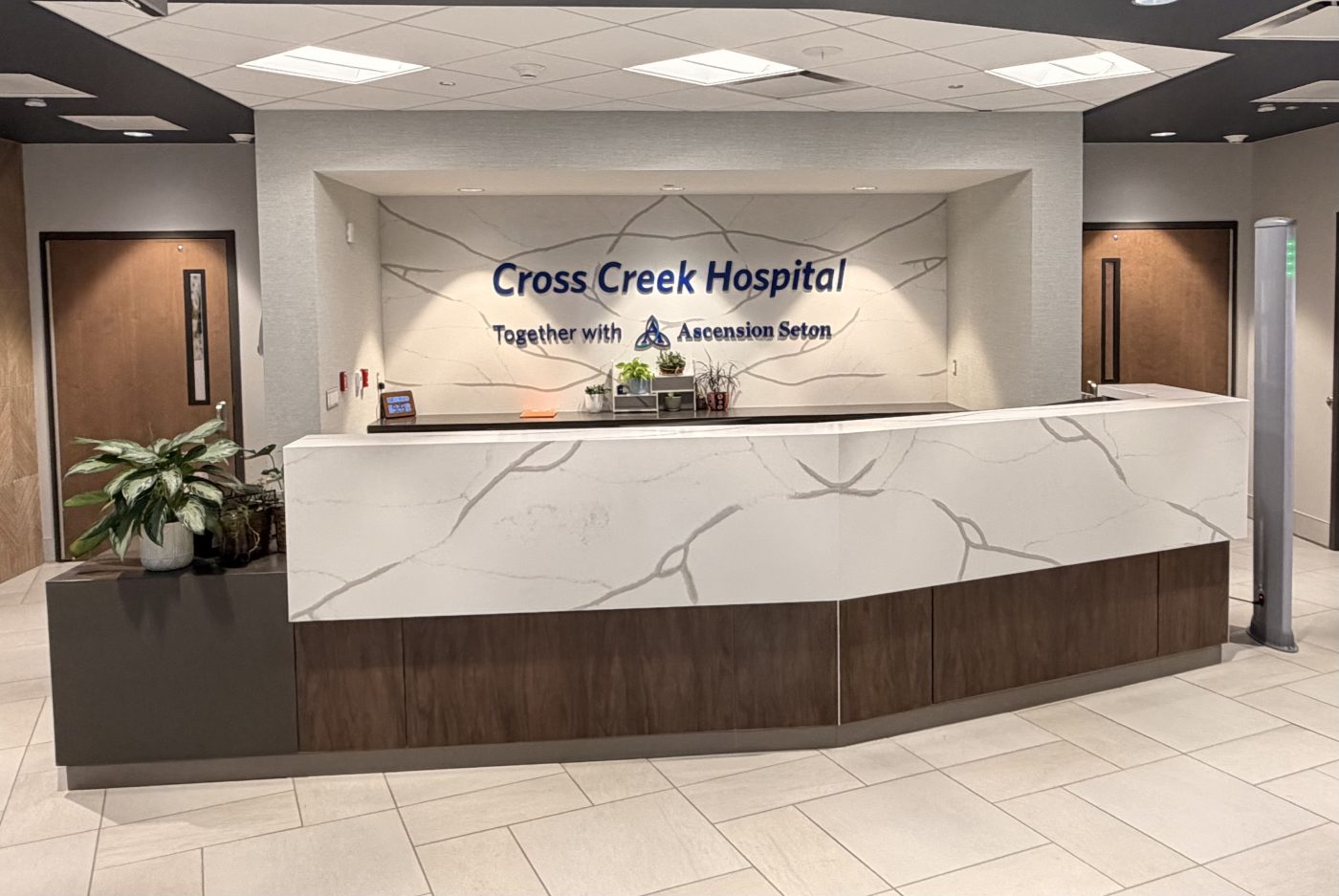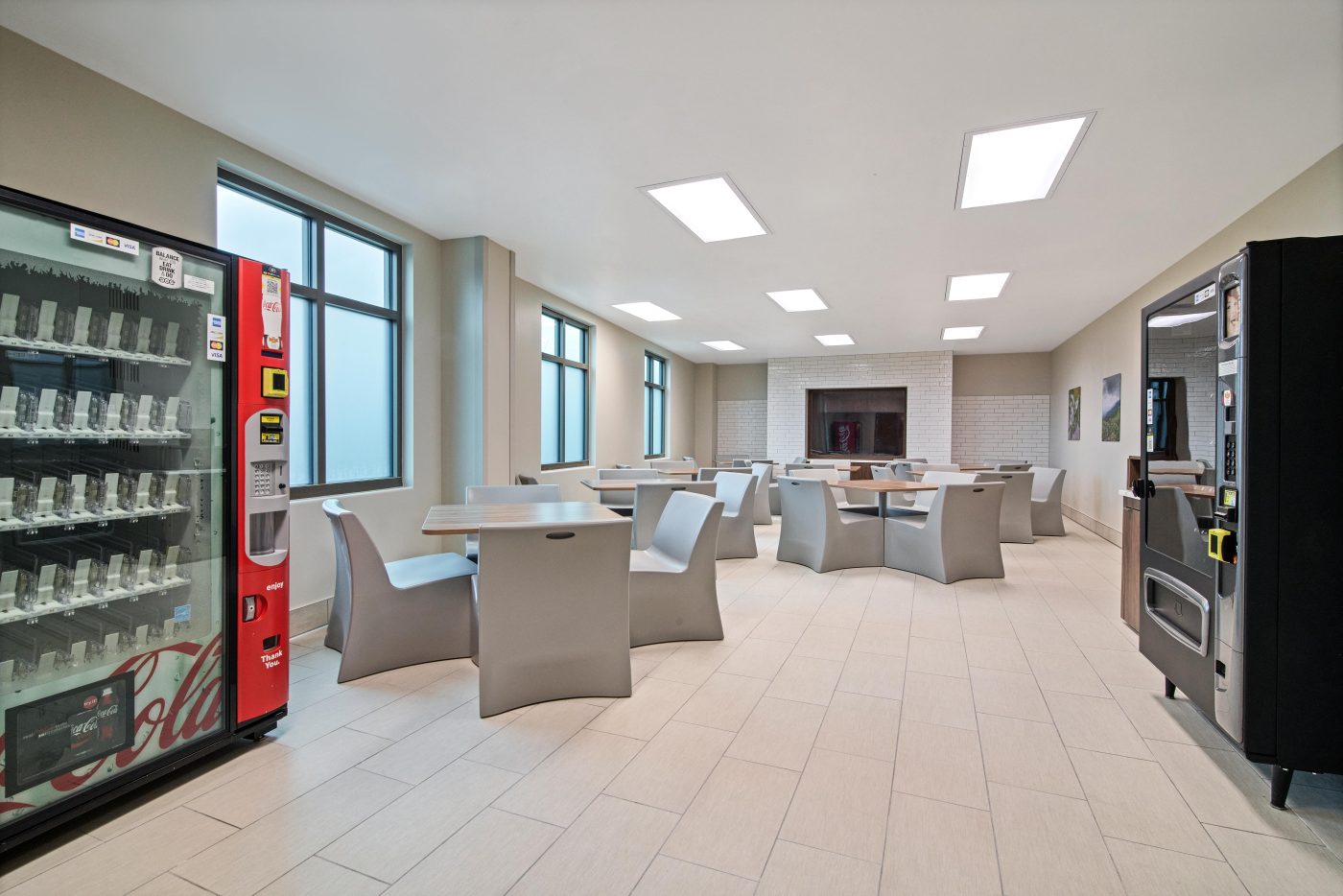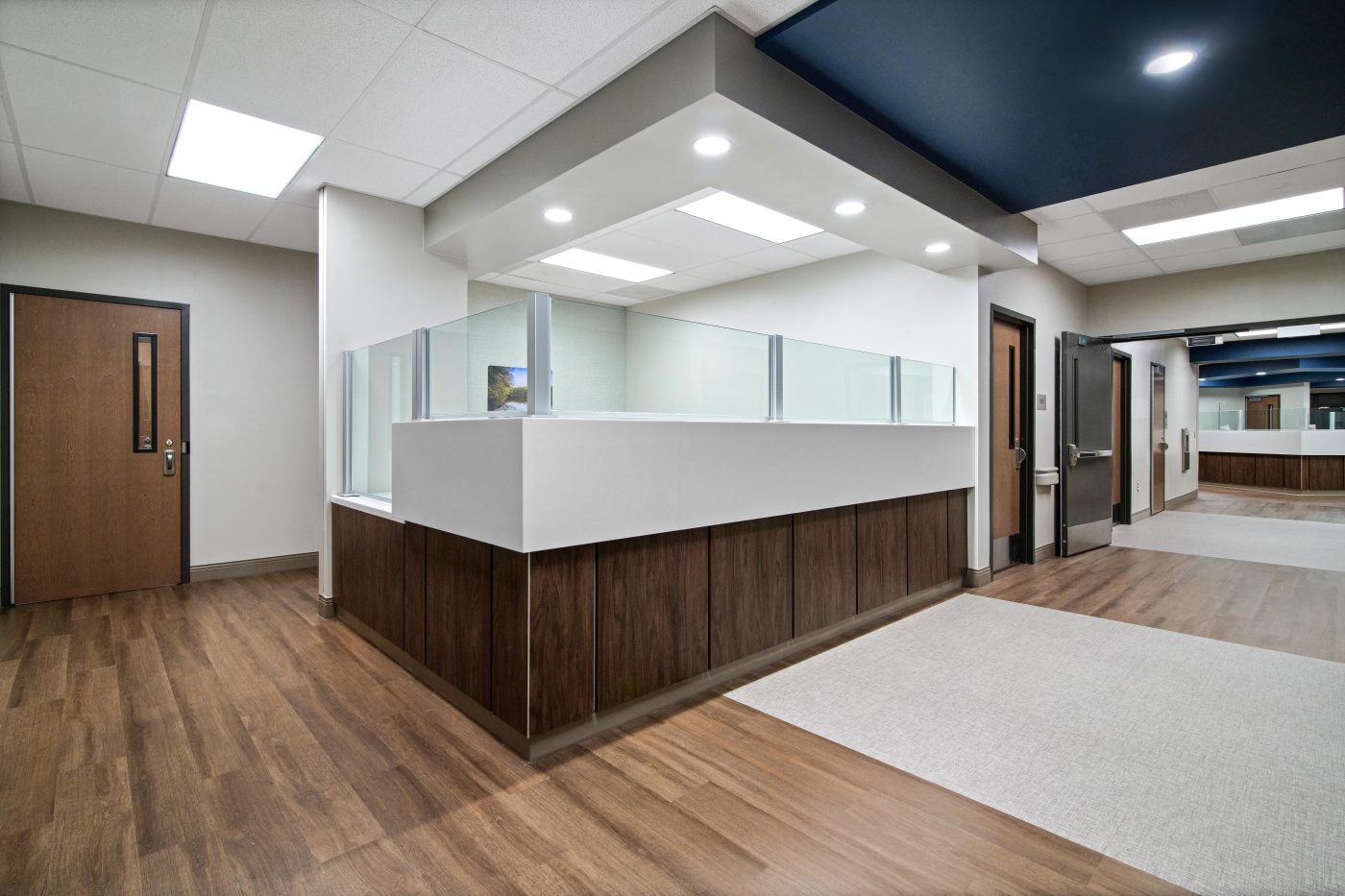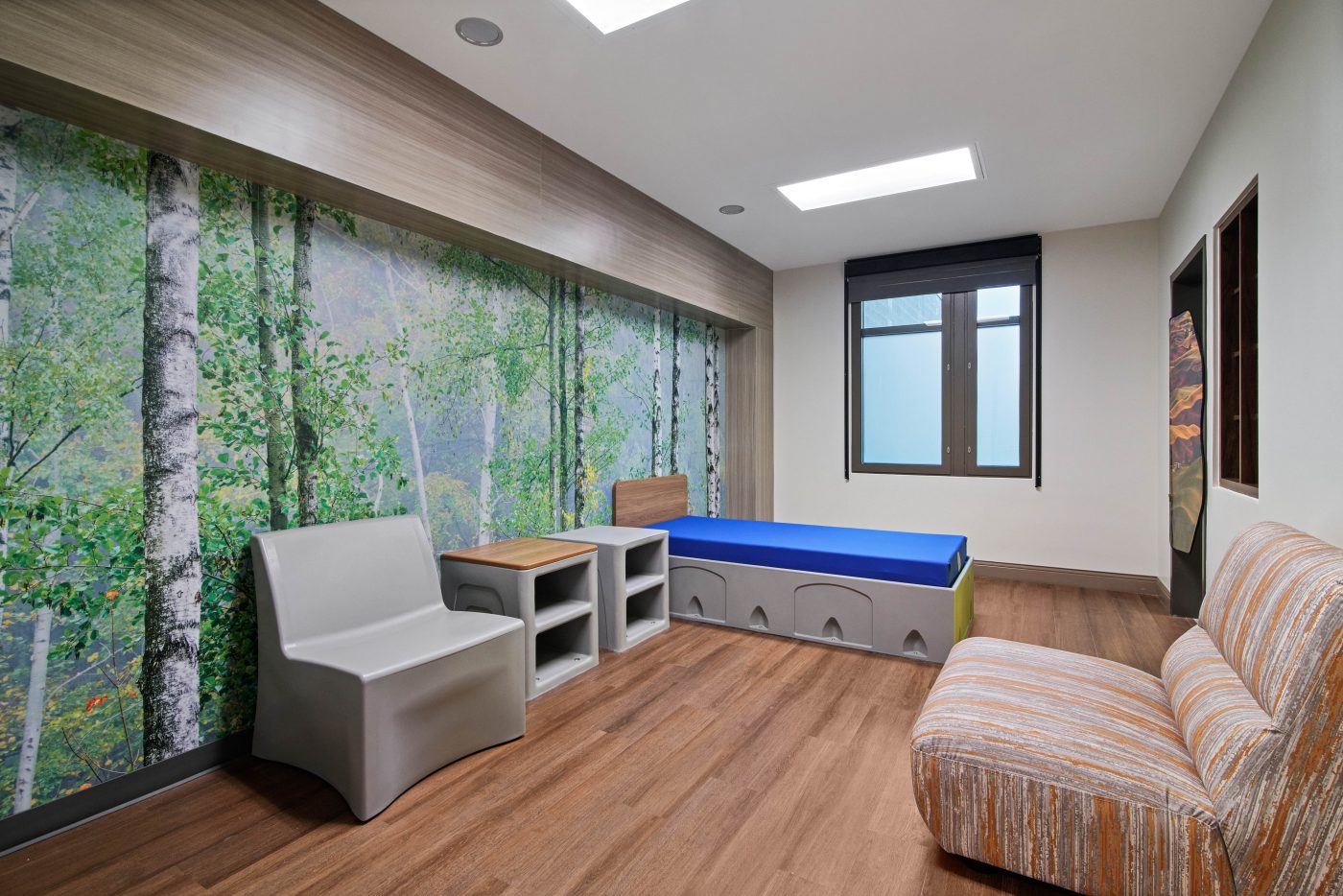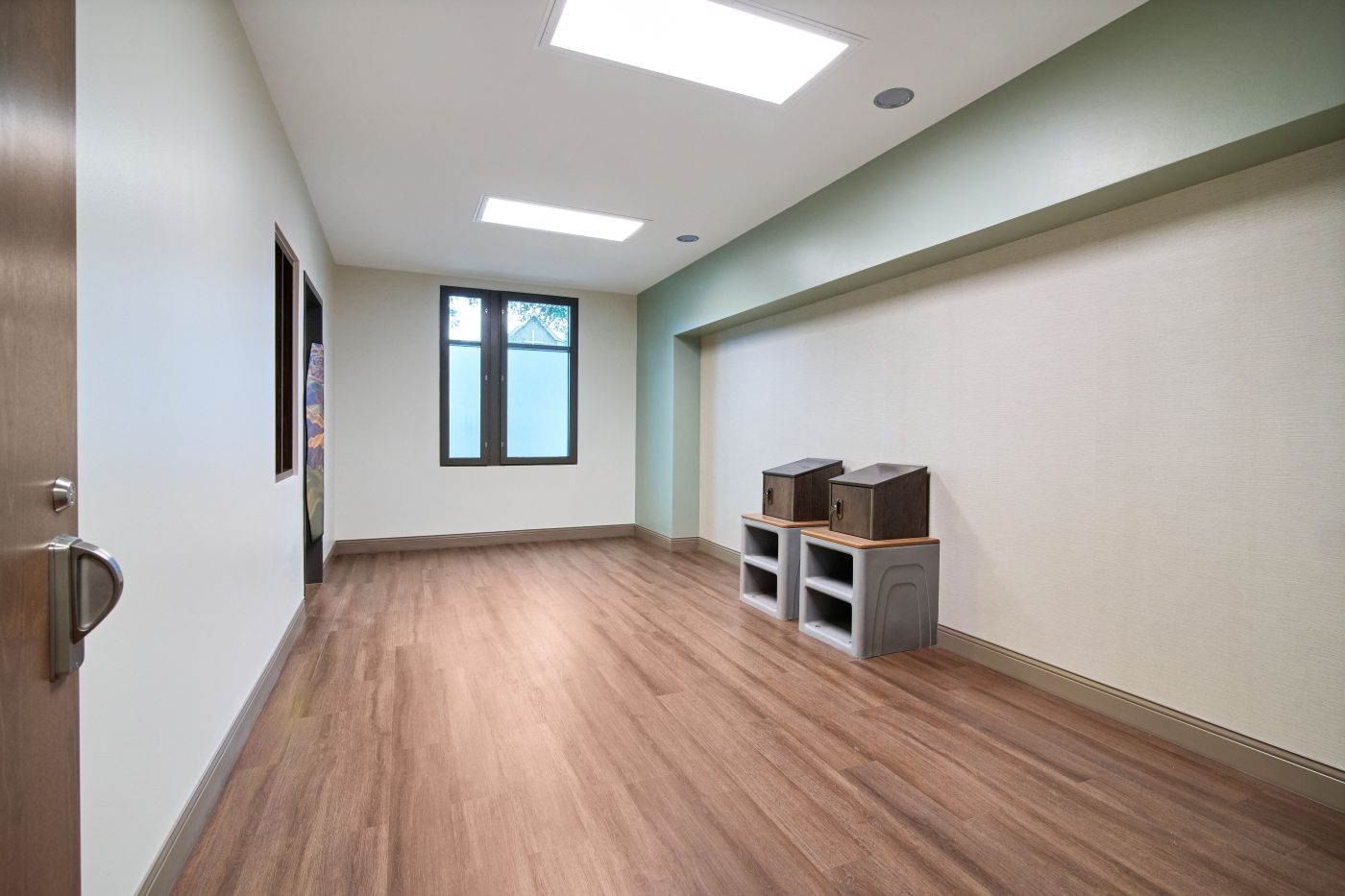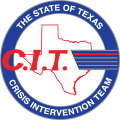Cross Creek Hospital Together With Ascension Seton helps children, adolescents, and adults who are struggling with dementia through an unmatched quality of care and support. Located in Austin, TX, Cross Creek Hospital Together With Ascension Seton is the leading provider of dementia treatment.
Learn More About Dementia Treatment
Learn more about dementia treatment at Cross Creek Hospital Together With Ascension Seton in Austin, TX
As individuals advance in age, it is normal to experience a slight decline in cognitive capabilities. Unfortunately, however, there are some individuals who experience a rapid and degenerative decline in cognition that ultimately hinders them from maintaining appropriate daily functioning. This progressive decline can, in many cases, be the result of dementia. Broadly defined as a group of symptoms that target one’s cognitive skills, dementia ultimately renders individuals susceptible to experiencing memory loss, an impaired ability to function socially, and an overall deterioration of the appropriate use of thinking skills, amongst many other negative symptoms. While the vast majority of dementia cases cannot be cured, there are treatment options available that can help improve a sufferer’s overall quality of life. Keeping in mind the sensitive nature of the symptoms of dementia, and the dysfunction that those symptoms can cause for sufferers, Cross Creek Hospital Together With Ascension Seton, a hospital for dementia treatment in Austin, has developed specialized programming that is tailored to meet the unique needs of patients who are faced with the challenges that accompany this often debilitating illness. By receiving care at Cross Creek Hospital Together With Ascension Seton, individuals with dementia can learn the valuable tools needed to manage their symptoms, while also developing and enhancing appropriate coping skills so that the highest quality of life possible can be achieved.
How to Help a Loved One
Helping a loved one get treatment for dementia
Due to the progressive and degenerative nature of dementia, the care of individuals who are suffering from this illness often falls on their family members and loved ones. Discovering that your loved one has been diagnosed with dementia can be life-altering, as you come to find that seemingly all aspects of your and your loved one’s life are eventually going to change. This can elicit feelings of worry and apprehension as the future becomes intimidatingly unknown. If you have a loved one who has been diagnosed with dementia, here are some tips to keep in mind as you come to terms with this life-changing factor:
- Educate yourself about all aspects of dementia. The more knowledge you have, the more accepting you can be of the possible circumstances that may arise in the future and the more prepared you can be for how to help your loved one.
- Set up a time to meet with other family members in your loved one’s life so that discussions can be had regarding who will be involved in the care of your loved one, as well as who will be in charge of making important healthcare and financial decisions in the event that he or she is no longer able to so independently.
- Develop a daily routine for your loved one that he or she can become familiar with. As your loved one’s decline in cognition begins to increase, the repetition of such routines may provide him or her with a sense of comfort.
- Research various treatment options and discuss your findings with your loved one. Allow him or her to play as much of a role in the decision-making process as he or she is capable of / comfortable with.
- Be an active part of your loved one’s treatment process. This will not only enhance his or her likelihood of success, but it will also serve to encourage you as you take on this new role in life.
Why Consider Treatment
Why consider treatment for dementia at Cross Creek Hospital Together With Ascension Seton in Austin, TX
While the disturbances that are elicited by the presence of dementia will likely occur slowly without inducing significant impairment, because it is a degenerative disease, symptoms will progressively worsen over time, leading to increasingly severe disturbances. People with dementia may come to find that they suddenly do not recognize people that they were once close to, have begun to get lost in places with which they were once familiar, and are now facing extreme difficulty in regards to adhering to the once seemingly menial of everyday tasks. Furthermore, individuals with dementia may display sudden, unprovoked episodes of aggression, while also potentially developing unwarranted suspicion about their friends and loved ones. Both occurrences have the potential to result in relationship disturbances and familial discord. Fortunately, when treatment is sought and implemented, such negative effects can be avoided.
Types of Treatment
Types of dementia treatment offered at Cross Creek Hospital Together With Ascension Seton in Austin, TX
At Cross Creek Hospital Together With Ascension Seton, a dementia treatment center in Austin, we are devoted to providing everyone who seeks care at our hospital for the treatment of dementia with the respect and dignity that they deserve. Our all-encompassing goal for treatment is to help men and women improve their overall functioning by helping them to stabilize and to continue their recovery with new tools that they will be taught in the treatment setting. We are proud to be able to achieve this goal by utilizing the structure and processes of a treatment model that combines cognitive-behavioral therapy, experiential therapies, and didactic therapies.
All of the treatment methods implemented in our inpatient programming when caring for individuals who are suffering from dementia utilize a multidisciplinary focus in order to ensure that an integrated approach to treatment that facilitates increased stabilization and growth is received by all patients. Furthermore, we place a high regard on the involvement of our patients’ families, knowing that their contribution to the therapeutic process is paramount to successful healing and lasting recovery. The emphasis of our programming here at Cross Creek Hospital Together With Ascension Seton is not diagnosis-specific, but rather focuses on treating the symptoms that are plaguing each individual. We are devoted to implementing a truly holistic approach that aims to maximize patient care at our hospital and help them achieve their highest level of functioning.
The following methods for care may be incorporated into the individualized treatment plans that are given to each adult and senior adult who is engaged in services for dementia at Cross Creek Hospital Together With Ascension Seton:
Medication management: In many instances, medications may be used in conjunction with therapeutic methods as a means of fully treating the distressing symptoms of dementia. A patient’s need for medication, however, is always determined on a case-by-case basis. Patients meet with a psychiatrist at least once each day so that the therapeutic effectiveness of any medications that have been prescribed can be monitored and changes can be made when necessary. Additionally, there are also nurses on staff at our hospital for dementia who assist in monitoring medication needs.
Individual therapy: This individual case consultation will occur at a minimum of once each week at our treatment center, but additional sessions can be added whenever needed or deemed beneficial to the patient. Various members of our patients’ treatment teams, including their assigned individual therapists, provide such consultations and afford patients a time to meet one-to-one to discuss any concerns they have, process through the various emotions they are experiencing, and to track treatment goals.
Family therapy: Family involvement is exceedingly important in the overall success of treatment for patients at our hospital who are suffering from dementia. Keeping this in mind, family therapy sessions are held on as-needed basis for our adult patients. For the family members of those who are struggling with the symptoms of dementia, this can be a time for them to learn about the illness itself, while also being afforded the opportunity to gain valuable knowledge on ways in which they can be of best support to their loved one.
Group therapy: Group therapy is a significant component to the treatment options offered here at Cross Creek Hospital Together With Ascension Seton. The types of groups that our patients may engage in can include:
- Education groups teach patients about the origin and the nature of the disorder or co-occurring disorders that they are suffering from. In these groups, patients learn to identify problems, form a treatment plan, and work effectively on obtaining recovery and maintaining stability.
- Process groups provide a structured setting for the discussion of issues and concerns that are identified by patients. This group focuses on the processing of feelings, internal communication and cooperation, and participation in healthy group feedback.
- Addictions groups apply the 12-step addictions model for recovery to a wide range of self-destructive behaviors, including self-mutilation, disordered eating, and unhealthy personal relationships.
- Journaling groups provide a structured setting for developing therapeutic and recovery skills in the form of journaling, keeping a diary, completing homework assignments, and other writing tasks.
- Music therapy groups provide an emotionally evocative group setting that is designed to provide the participants with an opportunity to practice affect management skills.
- Healthy relationships groups focus on developing social skills and practicing healthy interactions. It provides a forum for structured, supportive risk-taking and practicing assertiveness, while also offering an opportunity for the giving and taking of feedback.
- Discharge planning groups provide an opportunity for building skills that will improve the quality of life after discharge and reduce the likelihood of future readmission.
Experiential therapy: In an attempt to provide a truly holistic approach to treatment, the staff at Cross Creek Hospital Together With Ascension Seton offers a number of experiential therapeutic options for patients who are plagued by the symptoms of dementia by using things such as psychodrama and recreational techniques. These therapies are designed to teach patients skills for appropriate risk-taking, internal communication and cooperation, and expressing needs and fears in a healthy way. Examples of the experiential therapies that patients may engage in while at our center for the treatment of dementia include:
- Physical wellness and exercise therapy program
- Animal assisted therapy
- Art therapy – This type of therapy is used to teach nonverbal strategies for expressing thoughts, feelings, and behavior in a healthy fashion. It is meant to be a technique for individuals to learn how to “tell without talking.” The art therapy groups also involve verbal processing of the artwork that is created.
- Relaxation integration – This type of experiential modality is designed to increase self-esteem, motivation, and energy levels by providing a forum for learning and practicing leisure and social skills, while also developing healthy support systems.
Continuing Care
Continuing care and levels of treatment for dementia
At Cross Creek Hospital Together With Ascension Seton, we want to ensure that each patient will have continued success in healing and maintaining recovery after completing inpatient care for the treatment of dementia at our hospital. In order to do this, we make it a priority to begin discharge planning from the moment a patient is admitted into our care. This plan coincides with a patient’s treatment plan and aims to address any concerns or needs for further, less intensive treatment after engaging in our programming. Our caring and compassionate staff will work with patients and their families to determine the most appropriate and effective treatment recommendations that will allow our patients to refine and build upon the skills learned during their time at Cross Creek Hospital Together With Ascension Seton. Recommendations will be provided based on each patient’s needs so that the treatment goals achieved while at our hospital can be upheld and exceeded, decreasing a patient’s need for a higher level of care going forward. Furthermore, a member of our staff will contact patients 48 to 72 hours after being discharged to ensure that a successful transition from Cross Creek Hospital Together With Ascension Seton to each patient’s respective community or continuing care center has been achieved. At Cross Creek Hospital Together With Ascension Seton, we will do all that we can to help you or a loved one overcome the devastating consequences that living a life tainted by the symptoms of dementia can elicit so that a much deserved bright future can be realized and within reach.







